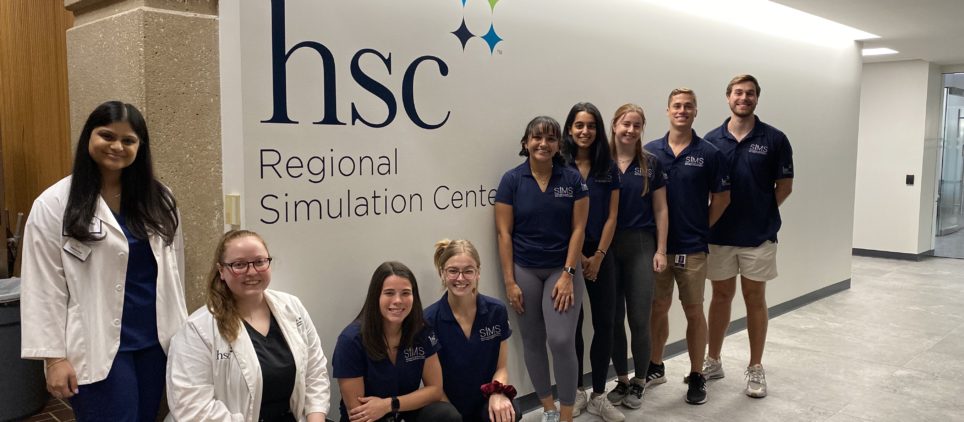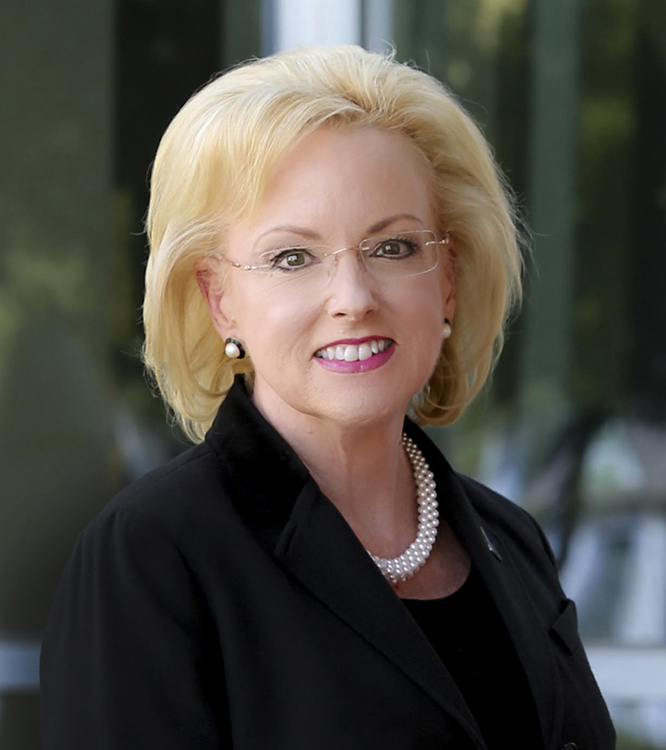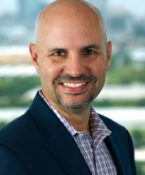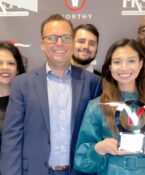Students from HSC’s College of Pharmacy and TCOM collaborate for simulation training

- September 16, 2022
- By: Steven Bartolotta
- Education
More than 100 students from The University of North Texas Health Science Center at Fort Worth’s Texas College of Osteopathic Medicine and HSC’s College of Pharmacy participated in a joint interprofessional simulation. The goal of the exercise was to promote the kind of teamwork the students will see in real-world emergency departments and intensive care units.
The event, organized by the TCOM SIMS (Student Initiative in Medical Simulation) group and SSHP (Student Society of Health-System Pharmacists), gave students a chance to partner with one another to run trauma codes — spanning from acetaminophen overdoses to acute strokes — and learn how to react.
“We are proud to have united TCOM with the College of Pharmacy for this event,” said Matt Wieters, a TCOM second-year student and president of TCOM’s SIMS group. “The idea came from Haley McKeefer, a third-year pharmacy student. She reached out to me earlier this year asking if SIMS would like to do an event with pharmacy students, and that her inspiration stemmed from a time she witnessed a live SIMS competition a few years prior. While it certainly required a substantial amount of behind-the-scenes planning, I am so glad we were able to see this event come to fruition.”
The students were divided into teams and given one of the following three scenarios: emergent hypertension, acetaminophen overdose or myocardial infarction (heart attack). TCOM students went into the scenario blind while the pharmacy students were told to prepare their knowledge of the medication regimens for all three scenarios.
“This joint simulation allowed us to practice team-building, role awareness and clinical skills all in one event,” McKeefer said. “Because of this, there’s been a lot of student excitement about the collaboration.”
For the event, 130 TCOM first- and second-year students were grouped into 26 teams of five. They worked with 12 pharmacy teams that were divided into teams of two or three.
“Haley and I were collecting responses to a survey before the event and the main response we are seeing from student pharmacists was that they don’t feel very confident when it comes to working on a patient as well as working with other health professionals,” said Kaanan Shah, a third-year student pharmacist and the Student Society of Health-Systems Pharmacists president. “Simulation experiences help students build the confidence that is needed in real-life situations and help practice making the best recommendations and treatment decisions for various types of patients in different settings.”
A typical scenario involves a team of five student physicians, once each for assessing the airway, procedures, a physical exam, history-taking and one acting as the team leader. Pharmacy students acted as consults to advise the student physicians on what medicines to administer to the simulation patient. The outcomes were an overwhelming success.
“The reason SIMS exist today is the very idea that medical simulation provides a scenario where future providers can apply their knowledge to a high-stakes scenario without risking someone’s life if they make the wrong decision,” Wieters said.
First-year pharmacy student Kadi Horn said the SIM experience reiterated how collaborative patient care will be in a real-world setting.
“Communication, respect and open-mindedness are key traits to be able to embody, especially when faced with a stressful situation where someone’s life may be in your hands,” she said. “The SIMS experience drove home the importance of being able to work with those in neighboring professions to bring the highest quality care to a patient and be the best health care workers we can be.”




Social media